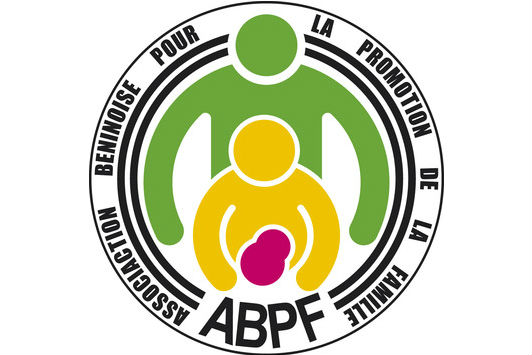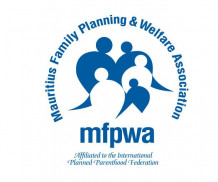

| 31 March 2016
Association Béninoise pour la Promotion de la Famille
The Association Béninoise pour la Promotion de la Famille (ABPF) has been operating for almost 40 years. ABPF offers family planning, ante-natal and post-abortion care, infertility treatment, screening of cancers of the reproductive system, and management of sexually transmitted infections (including HIV and AIDS). Its service points include permanent and mobile clinics. ABPF is focused on reaching marginalized groups such as prisoners, sex workers, refugees and internally displaced persons. The majority of clients are estimated to be poor, marginalized, socially excluded and/or under-served. To reduce the national maternal mortality rate, ABPF operates an effective community-based obstetric and antenatal care service in 16 villages, using traditional birth attendants and volunteer health workers. ABPF also runs a locally-based service for young people which involves hundreds of community-based distributors (CBDs) and peer educators providing young people with sexual and reproductive health information, condoms and counselling services. In acknowledgment of ABPF’s expertise and accomplishments, the Government of Benin invited the organization to become a member of the technical committee (in the Ministry of Planning) that drafts reproductive health policies: the Population Policy, the Family Health Policy, HIV and AIDS policies and the National Sexual and Reproductive Health Policy. Whilst ABPF has recorded major advances in sexual and reproductive health, there are still very significant challenges as the figures for lifetime risk of maternal death, child mortality rate and unmet need for contraception of illustrate. Driving the work of ABPF is a large and dedicated team of hundreds of volunteers. There’s a Youth Action Movement which draws on the skills of young people. ABPF works in partnership with a range of government organisations, including parliament, the Ministère de la Famille, the Ministère de la Jeunesse, and the Ministère du Plan. Funders include USAID. Non-goverrnmental organizations working with ABPF include the Country Co-ordinating Mechanism for health and sexual and reproductive health.

| 31 March 2016
Mauritius Family Planning & Welfare Association
Established in 1957 as a grass-root movement, the Mauritius Family Planning & Welfare Association (MFPWA) was one of the earliest organizations in Africa focusing on family planning issues. As the nation struggled to find a way to address pressing population issues, a group of advocates formed MFPWA and started to provide contraceptive services directly to women. In 2018 the MFPWA is governed by an Act of Parliament 2018 as a body corporate. Today, the organization caters for the sexual and reproductive health (SRH) needs of the whole community. It also has particular strands of activity relating to specific groups including sexually abused children, elderly people, men and marginalized populations on Rodrigues and Agalega Islands. MFPWA has 30 staff and 50 volunteers and offers services through 2 permanent facilities and several service points. It also runs a day care centre for infants and children as a social enterprise initiative. The Association delivers services that include family planning, the prevention and management of HIV through voluntary counselling and testing, infertility management, antenatal and post-natal care, post-abortion care, the diagnosis and treatment of sexually transmitted infections (STIs) and screening for cancers of the reproductive systems in particular breast, cervical and prostate. The Association began its first rehabilitation of sexually abused children in 2003 and has built a solid reputation in the domain. Services for the rehabilitation of victims of gender based violence had been extended to Rodrigues Island on a pilot basis in 2019. The Member Association also operates peer-educator-led outreach programmes targeting work places, namely: hotels, manufacturing industries, call centres, male-dominated sectors such as transport, police, agriculture and fisheries. MFPWA has played a critical role in promoting the integration of comprehensive sexuality education into the national school curriculum and its powerful, informed advocacy has been influential in shaping government’s agenda and policies on SRH and population issues. MFPWA partners with and advises government departments which address health, quality of life, women’s rights, child development, family welfare, social security and youth and sports. MFPWA works with a large number of non-governmental organizations (NGOs), para-statal and government institutions and international partners like UNFPA, Help Age International and the European Union.







